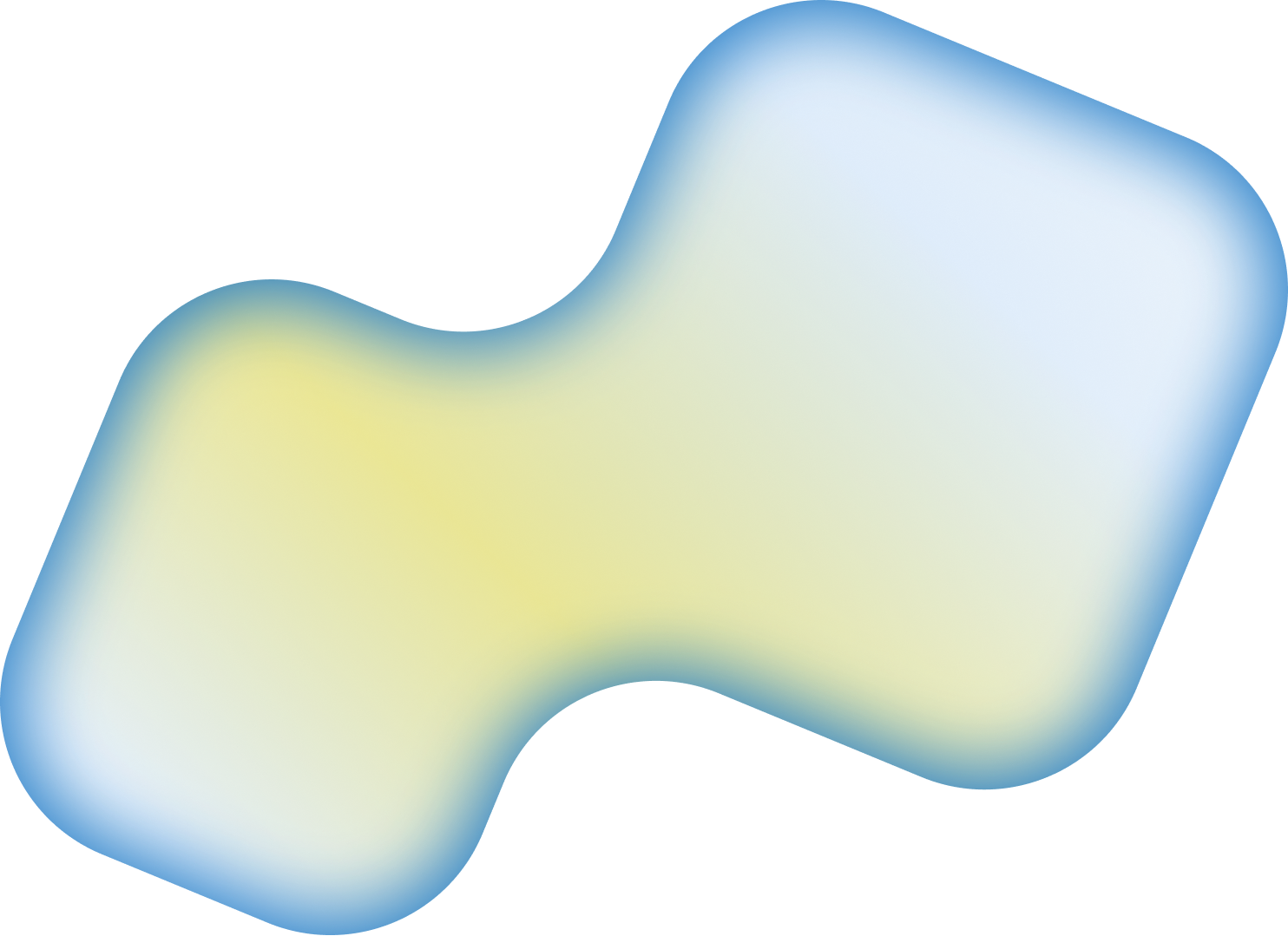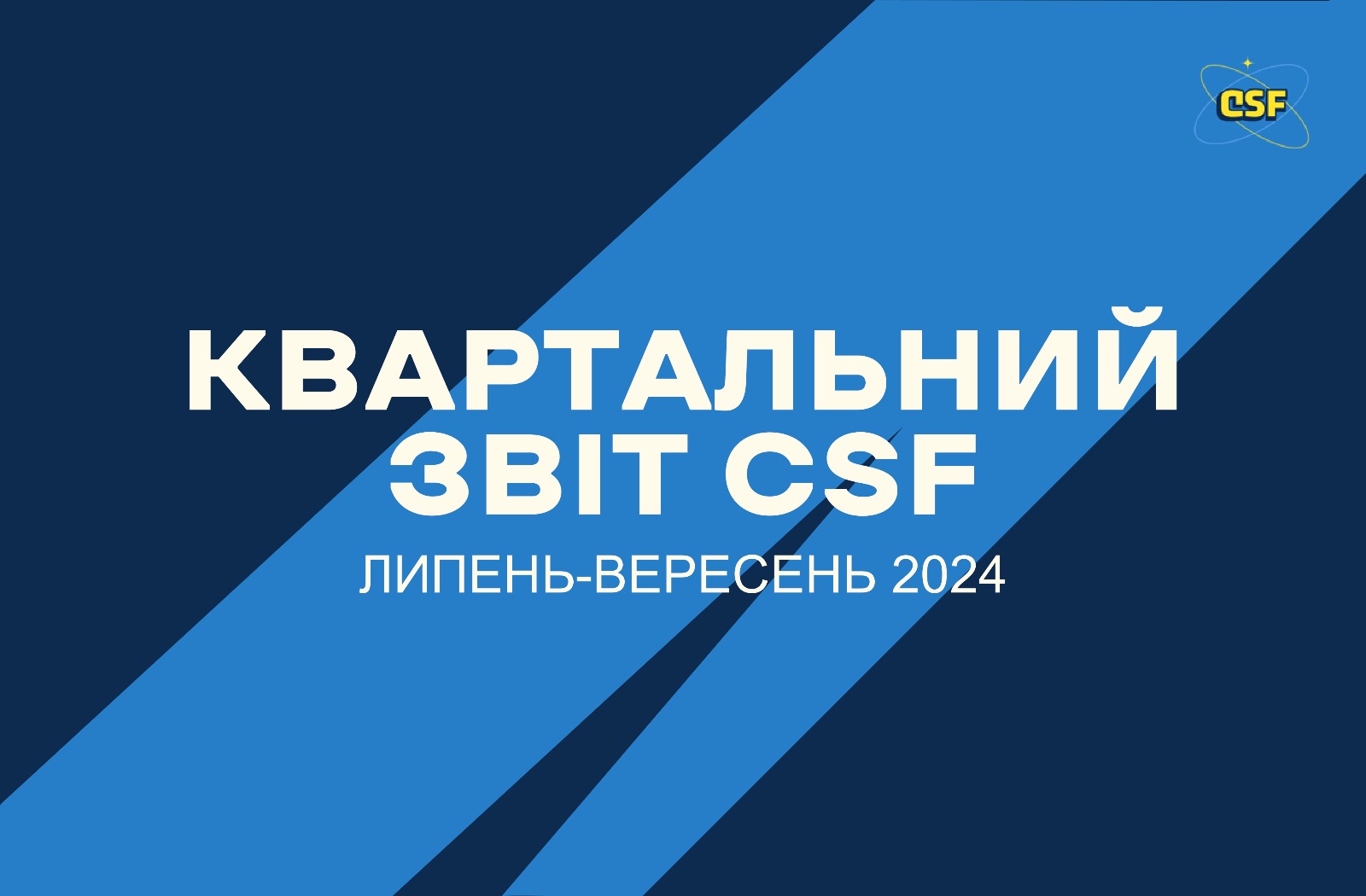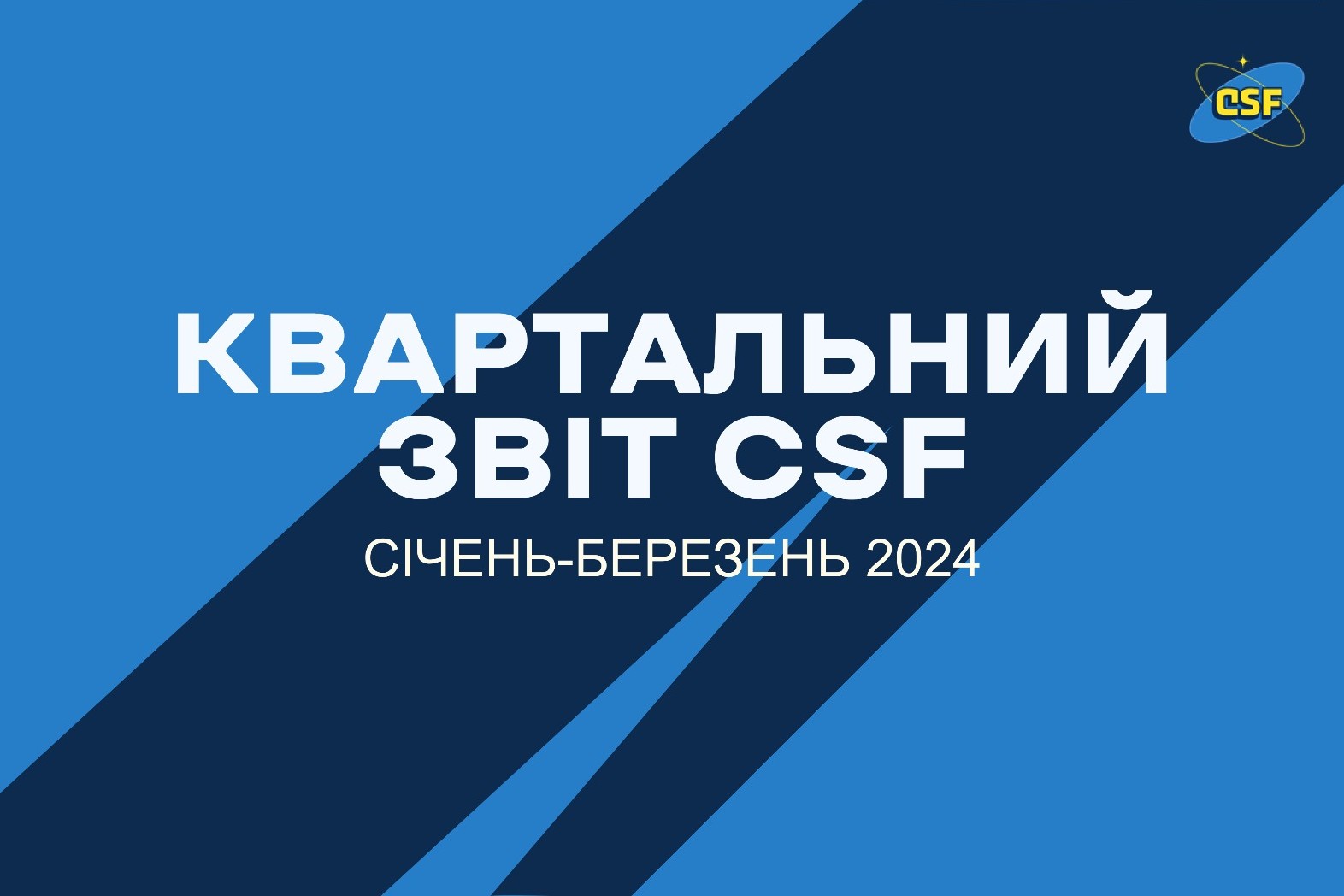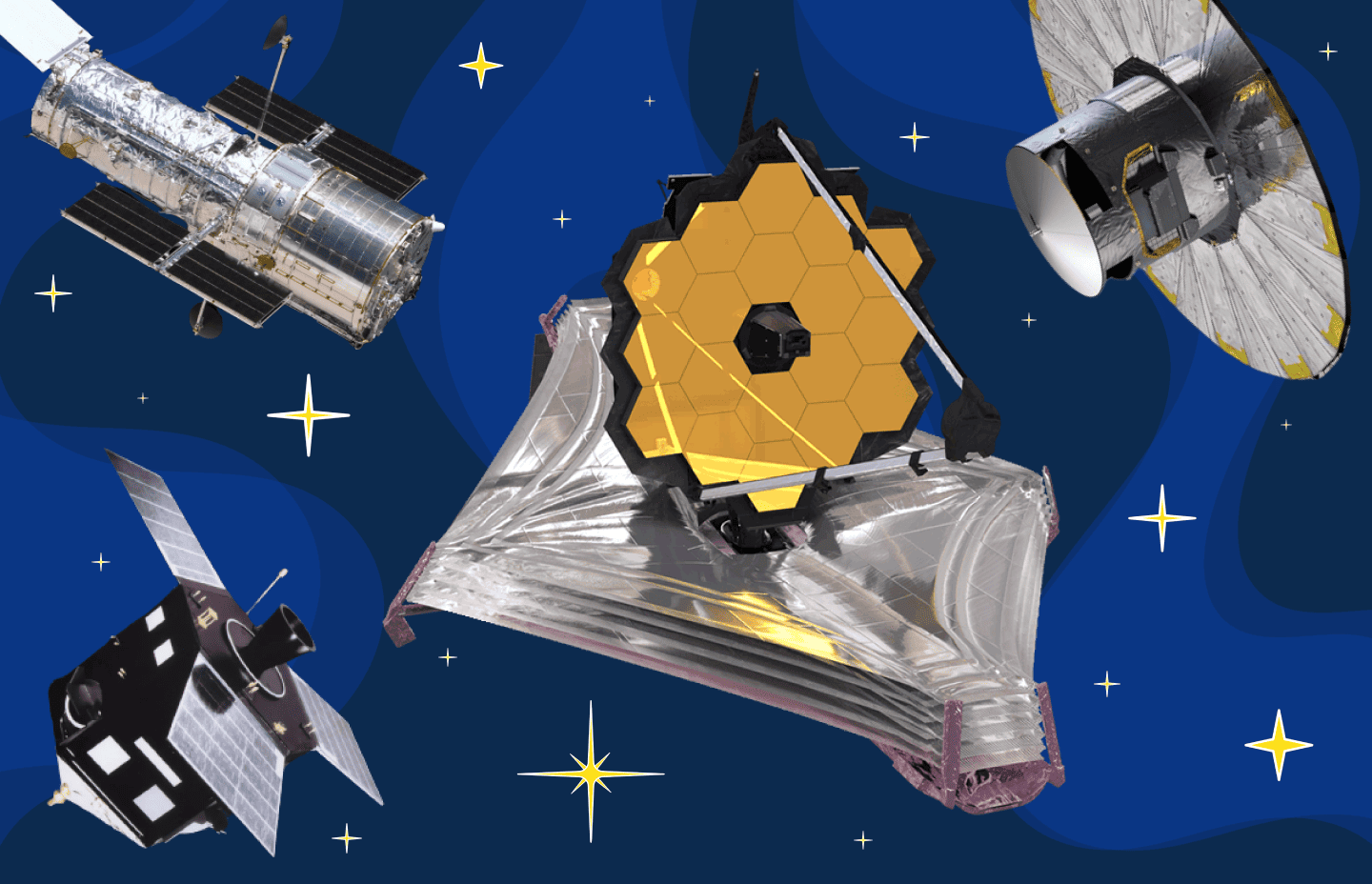 526
526
CSF's quarterly report (October – December 2022)
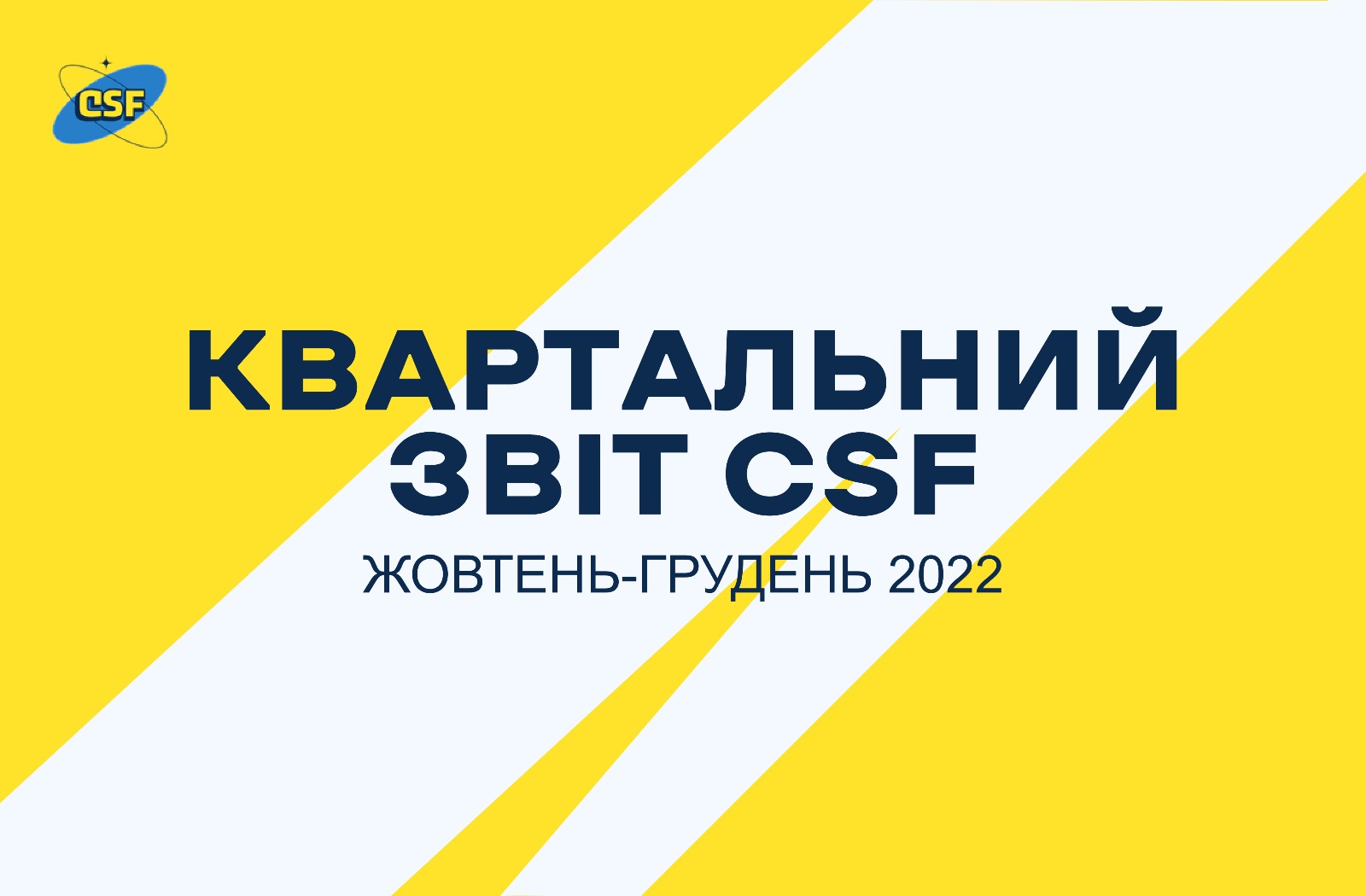
Team milestones
Organization of the first projects: the scientific "TESS-UA-2022" and the Wikipedia project "Wikipedia-500". Beginning of public activities. Team expansion, stabilization, and systematization of activities.
Completed
During the autumn and early winter, the team expanded to over 10 members. The total chaos of the first months of work transformed into several clear directions. We moved from the format of "everyone does everything" to specialization, where each member was assigned specific tasks according to their competencies, the amount of time they could dedicate to the project, etc. As we got rid of that chaos, we managed to establish much more efficient, although somewhat unstable, activities.
Social media pages were created, and the first posts were published accordingly. Thanks to these, we were able to attract participants to our team and, in the future, to scientific projects. Additionally, the first primitive version of the website was hastily developed.
During this period, we started our first scientific project on the study of variable stars using data from the TESS space telescope. The project was named TESS-UA-2022 and involved 11 participants. The main goal of all TESS-UA projects is to provide our students with practical knowledge and skills in conducting full-fledged, albeit not very complex, scientific research and to publish their results. Besides, the first project of this series was aimed to confirm the concept itself, whether such projects are possible at all, and to identify their shortcomings for further improvement.
Simultaneously, we began writing astronomical articles on Wikipedia. We faced a choice: either to focus on several articles and bring them to perfection or to fill Wikipedia with a large number of decent but short materials. Considering the lack of some important articles and the large number of low-quality pages, we chose the second option. This became the first stage of the large project "Wikipedia-500."
Incomplete
Starting from December 2022, due to the beginning of attacks on the energy infrastructure, the team's activities were almost completely paralyzed: out of more than 10 members, only one or two could work at the same time. As a result, there was a delay of 1-1.5 months in almost all projects.
In particular, we did not manage to complete the research within the TESS-UA-2022 and publish its results, so we decided to merge it with the upcoming TESS-UA-2023A, which started in March 2023. Additionally, the management of social media was practically halted, and the writing of Wikipedia articles slowed down.
Conclusions
- The decision to systematize the team's activities and try to eliminate chaos was completely correct and has already brought the results, but at that time, the stability of work was still very low.
- It was necessary to build a system of safeguards and ensure data backup so that the team's activities could continue despite external circumstances, as each week of downtime creates risks for both current projects and long-term prospects.
- Despite the problems with outages, we managed to confirm the viability of the TESS-UA project concept.
- The main complicating factor within this scientific project turned out to be the level of knowledge and skills of our students. It is extremely important and, at the same time, extremely low. During the research, we need to build mathematical models, perform calculations, and ultimately write a scientific paper in English. However, for most students, even creating a table in Excel, substituting a number into a ready-made formula, and translating a small text were significant challenges. Unfortunately, this is the level of education, even though most of the participants of our first project are Olympiad winners and University students. So the problem lies not in the participants themselves but in the system.
- To bridge this gap between the current level of knowledge and the minimum requirements for scientific research, it is necessary to create several interesting and informative lecture courses.
